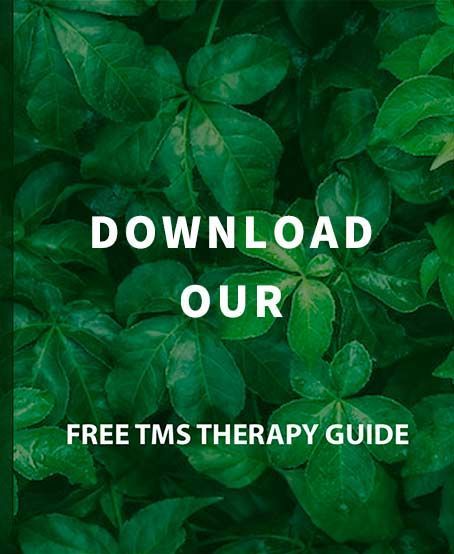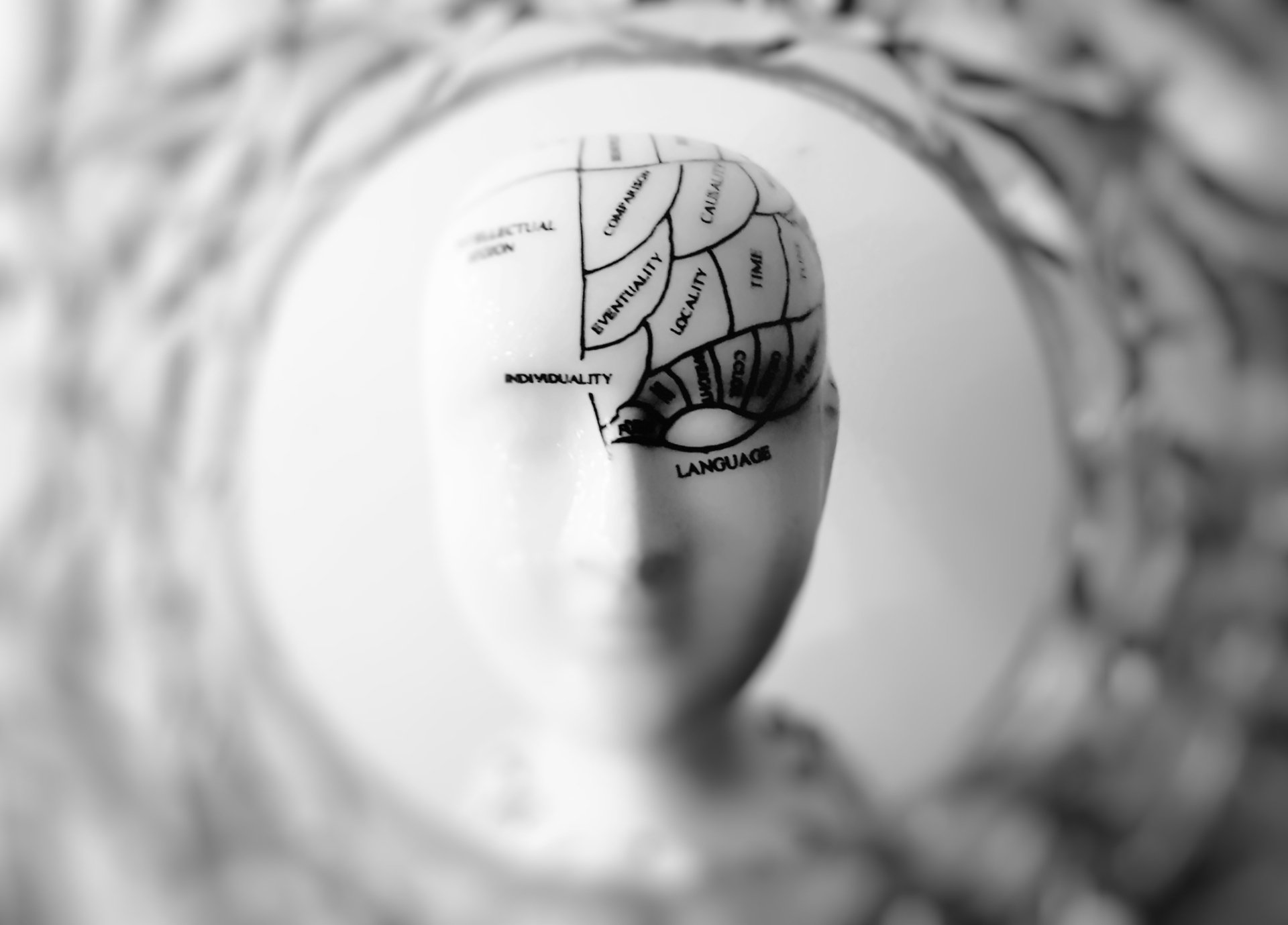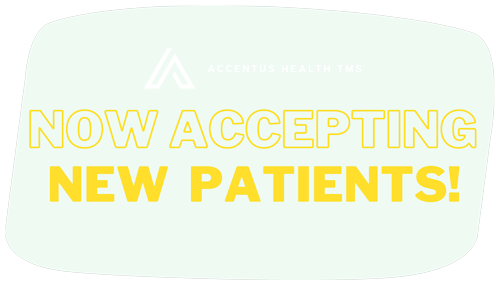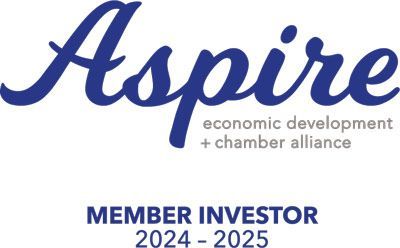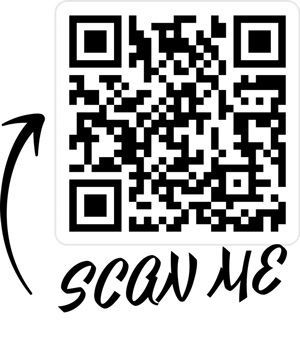Exploring Alternative Treatments for Depression: A Guide for Patients and Primary Care Providers
In Indianapolis, the number of patients relying on multiple antidepressants is alarmingly high. With 225,000+ patients within a 30-mile radius of zip code 46237 having 4+ antidepressants in their history, it is crucial for primary care providers (PCPs) to consider alternative treatments. Alarmingly, 65% of these patients have never seen or consulted a psychiatrist. We need to change this!
This blog article aims to empower patients and PCPs to have open conversations about exploring alternatives such as TMS therapy and SPRAVATO®, rather than solely relying on medication.
(*Data provided by a NeuroStar Referral Market Report from September 2022-2023)
Understanding the Current Scenario on Medication
While primary care providers play a crucial role in managing mental health, it's imperative to recognize the limitations of relying solely on medication for depression treatment. Depression, being a complex mental health condition, necessitates a comprehensive assessment and tailored approach that considers individual circumstances and needs.
Despite their well-intentioned efforts, primary care providers may lack the specialized training in mental health that psychiatrists possess. By exclusively opting for medication, there's a risk of overlooking alternative modalities like therapy and counseling, which address underlying causes such as unresolved trauma and cognitive distortions.
Collaboration between primary care providers and mental health specialists is vital for optimal patient care. Treating depression solely with medication may leave root causes unaddressed, which can lead to a cycle of reliance without long-term improvement. Limited time and resources in primary care practices often hinder in-depth discussions about mental health concerns.
Recognizing these challenges is crucial, emphasizing the need for collaboration with psychiatrists and mental health specialists and increasing access to therapy and counseling services. While acknowledging the efforts of primary care providers, it's essential to expand mental health resources and adopt a multi-disciplinary approach for holistic and effective depression management. Data from Neuronetics, the company behind NeuroStar TMS, highlights the importance of such collaboration, emphasizing the necessity for comprehensive care beyond medication alone.
The Need for Anti-Depressant Alternatives
While antidepressants can be effective for some individuals, it is essential to explore alternative treatments to ensure comprehensive care. TMS therapy and SPRAVATO® offer promising options that can complement or even replace traditional medication. These alternatives provide new avenues for patients to find relief from depression.
Depression is a complex and multifaceted condition that affects millions of people worldwide. It can have a significant impact on a person's daily life, relationships, and overall well-being. While antidepressant medications have been the primary treatment for depression for many years, they are not suitable for everyone and can have potential side effects. Therefore, it is crucial to consider alternative therapies that may provide effective solutions with fewer drawbacks.
TMS Therapy
Transcranial Magnetic Stimulation (TMS) therapy is a non-invasive and FDA-approved treatment for depression in adults who have failed to achieve satisfactory improvement from previous antidepressant medication treatment in the current episode. It involves using magnetic fields to stimulate nerve cells in an area of brain related to regulation of depression symptoms. TMS therapy is typically administered in a series of sessions, with each session typically 19 minutes long.
This alternative treatment has shown promising results for individuals who have not found relief from antidepressants or have experienced intolerable side effects. TMS therapy has been found to be effective in reducing symptoms of depression, improving mood, and enhancing overall quality of life. It is a safe and well-tolerated treatment option, with minimal side effects such as headache or scalp discomfort during or after the procedure.
SPRAVATO®
SPRAVATO®, also known as esketamine, is another innovative alternative for treating depression. It is a nasal spray that contains esketamine, a form of ketamine, which has been shown to have rapid-acting antidepressant effects. SPRAVATO® is approved by the FDA for use in conjunction with an oral antidepressant in adults who have not responded well to other treatments.
This nasal spray offers a unique approach to treating depression by targeting different brain pathways than traditional antidepressant medications. It provides a quick-acting solution, with some individuals experiencing symptom relief within hours or days. SPRAVATO® can be administered under the supervision of a healthcare professional and is considered safe when used as directed.
TMS Therapy Treatment for Depression
Transcranial Magnetic Stimulation (TMS) therapy is a non-invasive procedure that uses magnetic fields to stimulate specific areas of the brain associated with some symptoms of depression. This innovative treatment offers a viable alternative for patients who have not responded well to traditional antidepressant medications.
The non-invasiveness of TMS therapy is another significant advantage. Unlike other treatments that require surgery or implantation of devices, TMS therapy involves placing a magnetic coil on the patient's scalp. The coil generates magnetic pulses that stimulate the targeted regions of the brain. This method eliminates the need for anesthesia and minimizes the risk of infection or other complications.
Furthermore, TMS therapy has proven to be well-tolerated by patients. During the treatment session, patients can sit comfortably in a chair and relax. The procedure does not cause any pain; however, some individuals may experience a tapping or tingling sensation on the scalp during the magnetic pulses. Overall, the treatment is considered safe and does not require recovery time, allowing patients to resume their daily activities immediately.
Studies have shown that TMS therapy can effectively treat depression (PDF / Journal Article), even in cases where multiple antidepressant medications have failed. The magnetic pulses administered during TMS therapy stimulate areas of the brain responsible for regulating some symptoms of depression. By activating these regions, TMS therapy aims to alleviate symptoms of depression.
TMS therapy has also been shown to stimulate neuroplasticity. Neuroplasticity refers to the brain's ability to reorganize itself by forming new neural connections. TMS therapy has been found to promote neuroplasticity.
SPRAVATO® for Treatment-Resistant Depression
SPRAVATO® is a revolutionary nasal spray that has been approved by the FDA as a treatment for individuals with treatment-resistant depression. This innovative medication contains esketamine, a compound that targets the NMDA receptor in the brain.
What sets SPRAVATO® apart from other antidepressant treatments is its rapid relief capabilities. Many individuals suffering from depression struggle to find an effective treatment that works quickly. However, SPRAVATO® has shown promising results in providing relief to those who have not responded well to previous antidepressant therapy.
How Does SPRAVATO® Work?
SPRAVATO®'s active ingredient, esketamine, is a derivative of ketamine, a well-known anesthetic and party drug. While ketamine has been used off-label for depression treatment for several years, SPRAVATO® is the first medication containing esketamine that has received FDA approval.
When administered as a nasal spray, SPRAVATO® enters the bloodstream and targets the NMDA receptor in the brain. By binding to this receptor, the medication can stimulate the release of certain neurotransmitters, such as glutamate, which play a crucial role in regulating mood and emotions.
Furthermore, SPRAVATO®'s rapid relief capabilities make it an attractive option for individuals who have not responded well to treatment with other antidepressants. Traditional antidepressants can take weeks or even months to show results, causing frustration for those desperate for relief. With SPRAVATO®, many patients report significant improvements in just a matter of days.
Starting the Conversation With Your Doctor
Patient-doctor communication is essential in the treatment of depression. It is important for patients to feel empowered to discuss alternative treatment options with their primary care physicians (PCPs). By openly sharing information about transcranial magnetic stimulation (TMS) therapy and SPRAVATO®, patients can encourage their PCPs to consider these alternatives.
In recent years, there has been a growing body of evidence supporting the efficacy of TMS therapy in treating depression. TMS therapy is a noninvasive procedure that uses magnetic fields to stimulate specific areas of the brain associated with regulating some symptoms of depression. Unlike traditional antidepressant medications, which can have numerous side effects, TMS therapy offers a targeted approach with minimal side effects.
TMS therapy has been shown to:
- Provide relief for patients who have not responded to other treatments
- Improve overall mood and decrease symptoms of depression
- Enhance cognitive function and improve concentration
- Reduce anxiety and promote quality of life
Similarly, SPRAVATO®, a nasal spray containing esketamine, has emerged as a novel treatment option for individuals with treatment-resistant depression. Esketamine is a glutamate receptor modulator that works differently from traditional antidepressants. It acts rapidly and has been shown to provide relief for patients within hours or days.
SPRAVATO® has been found to:
- Bring about a significant reduction in depressive symptoms
- Provide rapid relief, particularly for patients in acute distress
- Improve mood and overall functioning
- Offer a new avenue of treatment for patients who have exhausted other options
Open communication and collaboration between patients and PCPs are crucial in finding the most effective treatment for depression. Patients should not hesitate to discuss their concerns, previous treatment experiences, and explore these alternative options with their doctors. By starting the conversation, patients can empower themselves to make informed decisions alongside their healthcare providers.
Here are some tips on how to start the conversation:
- Research and gather information about TMS therapy and SPRAVATO® before the appointment.
- Write down any questions or concerns you may have so that you don't forget to ask them during the appointment.
- Share your treatment history and experiences with your PCP, including any side effects or lack of improvement from previous medications or therapies.
- Ask your PCP if they are familiar with TMS therapy and SPRAVATO®, and if they have any experience prescribing these treatments.
- Discuss the potential benefits and risks of each treatment option, including any concerns about the cost or insurance coverage.
- Express your interest in exploring these alternative treatments and inquire if they may be suitable for your specific situation.
- Encourage open dialogue and collaboration with your PCP throughout the decision-making process.
Remember, you are your own advocate when it comes to your mental health. By initiating the conversation about alternative treatment options like TMS therapy and SPRAVATO®, you can help guide your PCP towards choosing the most effective and personalized treatment plan for your depression.
Conclusion
In conclusion, the prevalence of patients in Indianapolis relying solely on multiple antidepressants, without psychiatric consultation, underscores the critical need to promote awareness of alternative treatments offering hope and relief beyond traditional medication. Two noteworthy options are Transcranial Magnetic Stimulation (TMS) therapy and SPRAVATO®.
TMS therapy, a cutting-edge non-invasive procedure, utilizes magnetic fields to stimulate a specific depression-associated brain area, proving effective in cases where traditional medications have fallen short. Initiating discussions about TMS therapy allows patients and primary care physicians (PCPs) to explore this alternative path to recovery.
Similarly, SPRAVATO®, an FDA-approved nasal spray, introduces esketamine, a ketamine variant demonstrating rapid relief for depressive symptoms. It serves as an alternative for individuals with inadequate responses to other antidepressants.
Promoting awareness of these alternatives empowers collaborative efforts between patients and PCPs, enhancing the quality of care for those grappling with depression in Indianapolis. Furthermore, fostering open and honest conversations between patients and healthcare providers is paramount for successful treatment. Patients should assertively discuss their treatment goals, concerns, and preferences with PCPs.
Alternative treatments, such as TMS therapy and SPRAVATO®, present new hope for individuals struggling with depression beyond conventional medications. Through awareness, dialogue initiation, and exploration of these alternatives, patients and PCPs can collaboratively contribute to improved mental health outcomes, offering a more comprehensive array of treatment options for those battling depression in Indianapolis.
Local to Indianapolis? Call us to discuss your options.
(317) 721-4169
QUICK LINKS
FREE CONSULTATION
Experiencing depression or a neurological disorder? Remember, you are not alone. Get help today!

TMS THERAPY CAN HELP WITH:
- Depression
- Lack of Joy
- Sadness and Despair
- Low Mood
- Lethargy
- Insomnia
- Oversleeping
- Social Isolation
- Self-Harm
- Substance Abuse
- Suicidal Ideation
- Alcoholism

